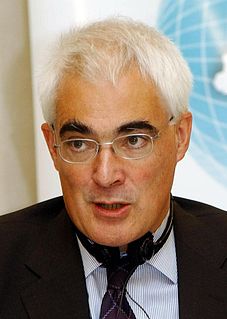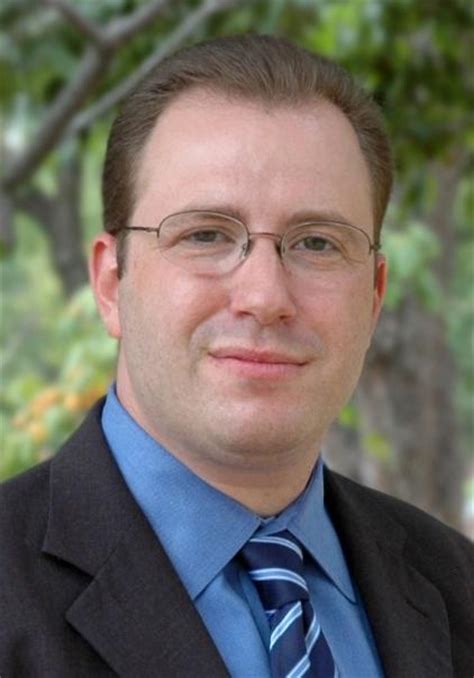A Quote by Frank Abagnale
The biggest thing that concerns me is when we start getting countries using cybercrime to shut down infrastructure, electricity, communications systems, the Internet, et cetera.
Related Quotes
My belief is that there will be very large numbers of Internet-enabled devices on the Net - home appliances, office equipment, things in the car and maybe things that you carry around. And since they're all on the Internet and Internet-enabled, they'll be manageable through the network, and so we'll see people using the Net and applications on the Net to manage their entertainment systems, manage their, you know, office activities and maybe even much of their social lives using systems on the Net that are helping them perform that function.
For countries such as Kenya to emerge as economic powerhouses, they need better infrastructure: roads, ports, smart grids and power plants. Infrastructure is expensive, and takes a long time to build. In the meantime, hackers are building 'grassroots infrastructure,' using the mobile-phone system to build solutions that are ready for market.
When people conceptualize a cyber-attack, they do tend to think about parts of the critical infrastructure like power plants, water supplies, and similar sort of heavy infrastructure, critical infrastructure areas. And they could be hit, as long as they're network connected, as long as they have some kind of systems that interact with them that could be manipulated from internet connection.
By leaning on companies, by leaning on infrastructure providers, by leaning on researchers, graduate students, post-docs, even undergrads, to look at the challenges having an untrusted internet, where we have to put our communications on wires that are owned by a phone company that we can't trust, that's working in collaboration with a government that we can't trust, in areas around the world, we can restructure that communications fabric in a way that it's encrypted.
Social media is important, but it does not bring down governments. Governments can shut down the Internet. Governments can control media access. If they do what the Tunisians did and try and negotiate with the opposition, then the media's still open, the international community can learn what's happening in the country, and then that can provide inspiration. But in mid-2009, the Iranian regime just shut down the Internet. Facebook went dark. Twitter went dark. BBC Persian, Voice of America, Persian News Network all went dark. That was it.

































